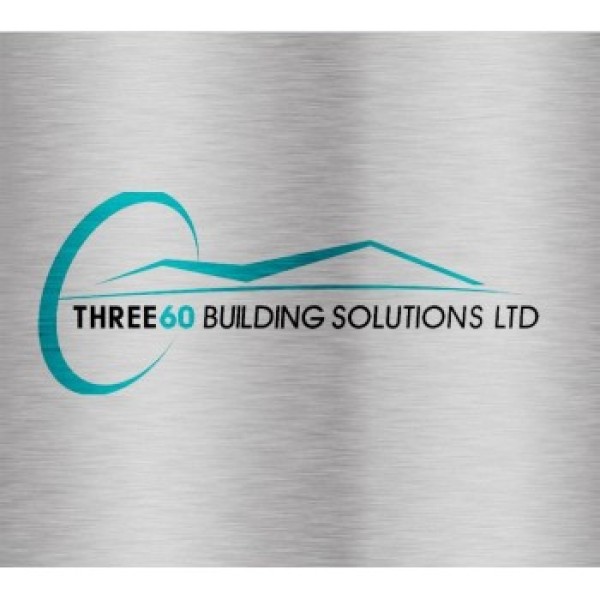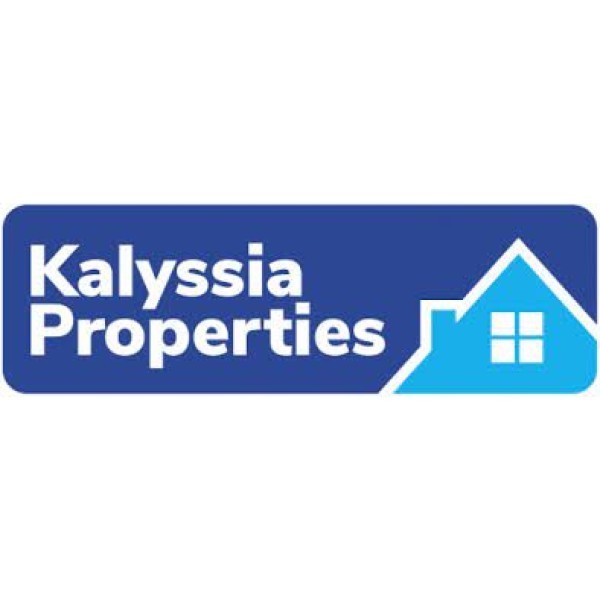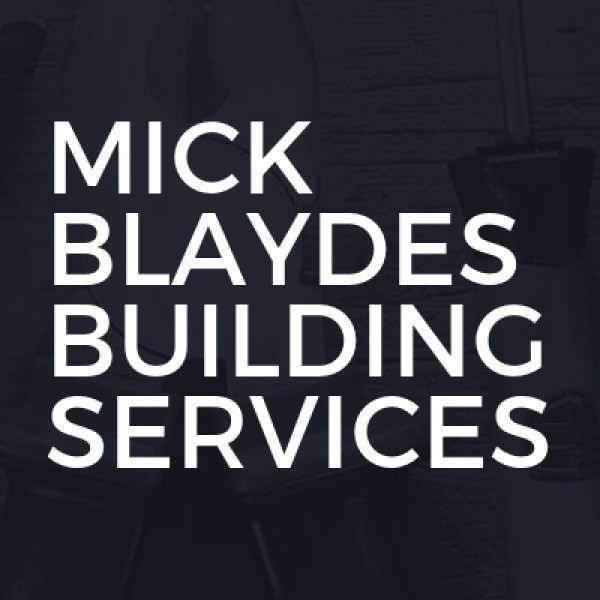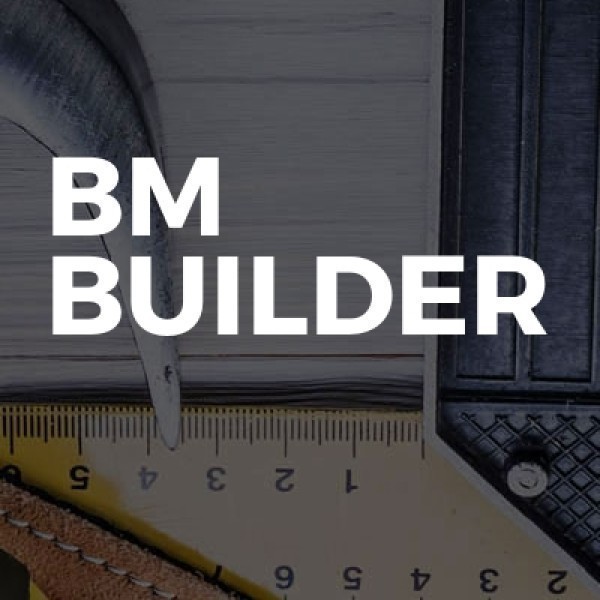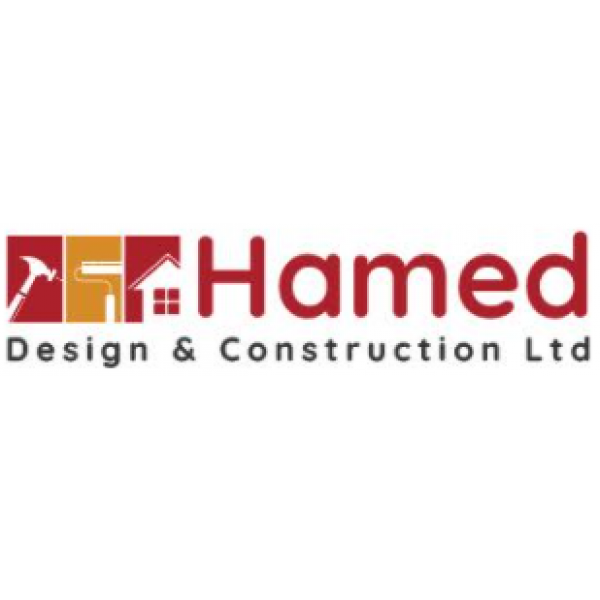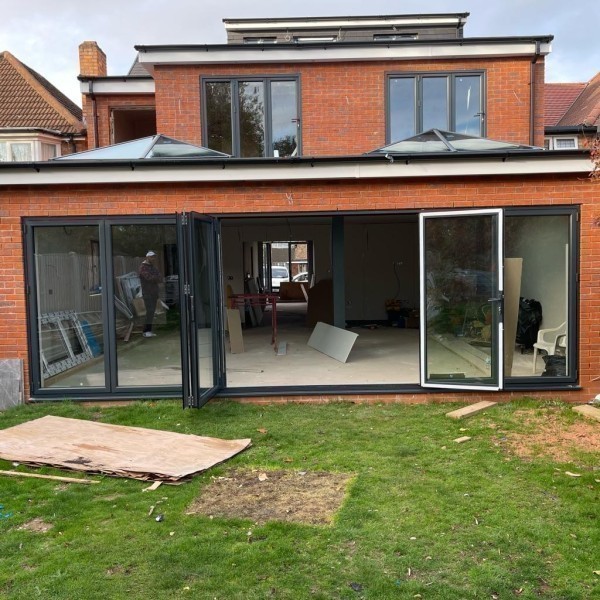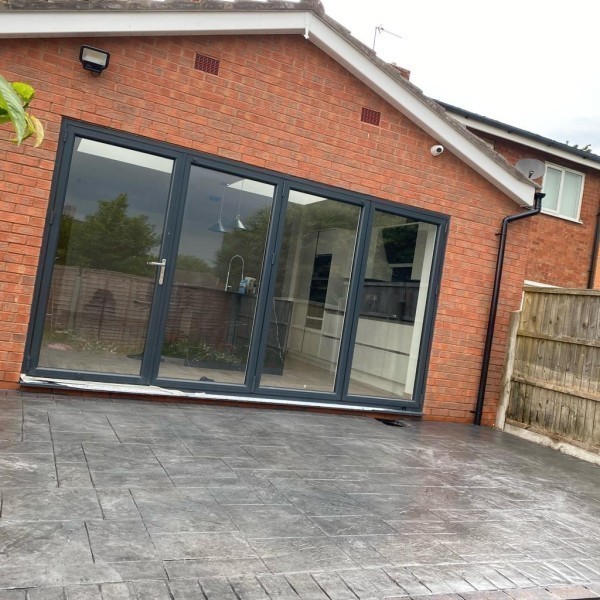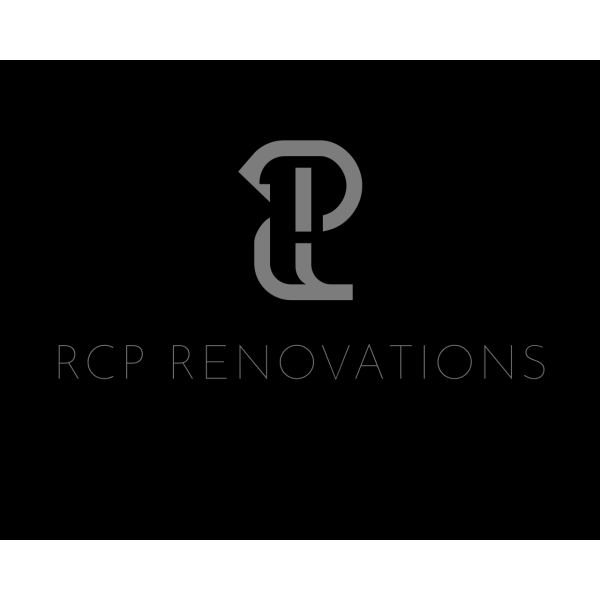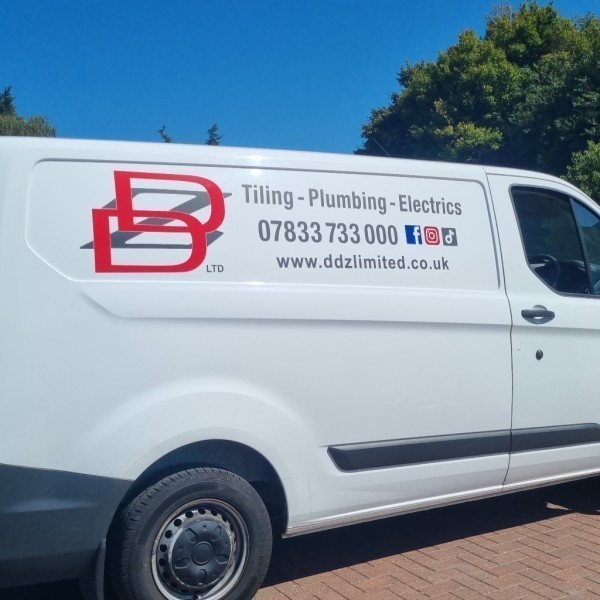Loft Conversions in Tipton
Filter your search
Post your job FREE and let trades come to you
Save time by filling out our simple job post form today and your job will be sent to trades in your area so you can sit back, relax and wait for available trades to contact you.
Post your job FREESearch Loft Conversions in places nearby
Understanding Loft Conversions in Tipton
Loft conversions have become a popular choice for homeowners in Tipton looking to maximise their living space without the hassle of moving. By transforming an unused attic into a functional room, you can add significant value to your property while enjoying the benefits of additional space. Whether you're considering a new bedroom, office, or playroom, a loft conversion offers a versatile solution.
The Benefits of Loft Conversions
Loft conversions in Tipton offer numerous advantages. Firstly, they increase the living area of your home, providing more room for your family or hobbies. Secondly, they can significantly boost the value of your property, making it a wise investment. Additionally, loft conversions are often more cost-effective than building extensions, as they utilise existing space.
Types of Loft Conversions
There are several types of loft conversions to consider, each with its own set of benefits:
- Dormer Loft Conversion: This is the most common type, involving the construction of a dormer window to add headroom and floor space.
- Mansard Loft Conversion: A more extensive option that involves altering the roof structure to create a flat roof with a back wall sloping inwards.
- Hip to Gable Loft Conversion: Suitable for homes with a hipped roof, this conversion extends the roof to create a vertical gable wall.
- Velux Loft Conversion: The simplest and most cost-effective option, using Velux windows installed into the existing roofline.
Planning Permission and Building Regulations
In Tipton, most loft conversions fall under permitted development rights, meaning you won't need planning permission. However, there are exceptions, especially for mansard conversions or if your property is in a conservation area. Regardless, all loft conversions must comply with building regulations to ensure safety and structural integrity.
Choosing the Right Loft Conversion Specialist
Selecting a reputable loft conversion specialist in Tipton is crucial. Look for companies with a solid track record, positive customer reviews, and relevant certifications. It's wise to obtain multiple quotes and ask for detailed plans and timelines before making a decision.
Cost Considerations
The cost of a loft conversion in Tipton can vary widely depending on the type of conversion, the size of the space, and the materials used. On average, you might expect to pay between £20,000 and £50,000. It's essential to budget for additional expenses such as planning fees, building regulation approvals, and interior finishes.
Designing Your Loft Space
Designing your loft conversion involves careful planning to make the most of the available space. Consider factors like natural light, storage solutions, and the intended use of the room. Consulting with an interior designer can help you create a functional and aesthetically pleasing space.
Maximising Natural Light
Natural light can transform a loft space, making it feel larger and more inviting. Consider installing large windows or skylights to flood the area with light. Mirrors and light-coloured walls can also enhance the brightness of the room.
Storage Solutions for Loft Conversions
Effective storage solutions are essential in a loft conversion to maintain a clutter-free environment. Built-in wardrobes, shelving units, and under-eaves storage can help you make the most of the available space without compromising on style.
Heating and Insulation
Proper heating and insulation are crucial for ensuring your loft conversion is comfortable year-round. Insulating the roof and walls will help retain heat, while underfloor heating or radiators can provide warmth during colder months.
Soundproofing Your Loft
Soundproofing is an important consideration, especially if your loft conversion will be used as a bedroom or office. Acoustic insulation in the walls and floors can help reduce noise from outside and other parts of the house.
Safety and Accessibility
Ensuring safety and accessibility in your loft conversion is paramount. Install sturdy staircases with handrails and consider fire safety measures such as smoke alarms and fire doors. If accessibility is a concern, explore options like stairlifts or elevators.
Legal and Financial Implications
Before embarking on a loft conversion, it's important to understand the legal and financial implications. Check with your mortgage provider to ensure there are no restrictions, and consider how the conversion might affect your home insurance.
Environmental Considerations
Incorporating eco-friendly elements into your loft conversion can reduce your carbon footprint and lower energy bills. Consider using sustainable materials, installing energy-efficient windows, and incorporating renewable energy sources like solar panels.
Frequently Asked Questions
- Do I need planning permission for a loft conversion in Tipton? Most loft conversions are covered by permitted development rights, but it's best to check with your local council.
- How long does a loft conversion take? The duration can vary, but most conversions take between 6 to 12 weeks to complete.
- Can I convert any loft? Not all lofts are suitable for conversion. Factors like head height, roof structure, and access will determine feasibility.
- Will a loft conversion add value to my home? Yes, a well-executed loft conversion can significantly increase the value of your property.
- What is the most cost-effective type of loft conversion? A Velux loft conversion is typically the most affordable option.
- How do I choose a loft conversion specialist? Look for experience, customer reviews, and ensure they provide a detailed quote and timeline.
Loft conversions in Tipton offer a fantastic opportunity to enhance your home, providing additional space and increasing property value. By understanding the different types of conversions, planning requirements, and design considerations, you can embark on a successful project that meets your needs and budget.








